Bottle tooth decay refers to a specific condition related to dental cavities commonly observed in infants. It occurs when a baby’s teeth come in contact with liquids present in their bottles, especially during sleep. In this article, you will find detailed information about the causes, symptoms, prevention, and treatment of bottle tooth decay.
Causes of Bottle Tooth Decay
- Bottle Use During Sleep: The habit of babies falling asleep with bottles containing milk, fruit juice, or other beverages can harm tooth enamel.
- Regular and Prolonged Bottle Use: Continuous sucking on bottles or frequent and extended use of bottles can expose teeth to acidic liquids consistently.
- Liquids Containing Bacteria and Sugar: The presence of bacteria and sugar in beverages inside bottles can weaken tooth enamel, creating conditions for cavity formation.
Symptoms of Bottle Tooth Decay
- White, Brown, or Black Spots: Changes in the color of teeth, such as white, brown, or black spots, are indicative of bottle tooth decay.
- Weakening of Tooth Enamel: Signs may include the weakening of tooth enamel or the formation of cavities.
- Tooth Sensitivity: Increased sensitivity to hot, cold, or sweet substances can be a symptom of bottle tooth decay.
- Bad Breath: The progression of cavities can lead to bad breath.
Preventing Bottle Tooth Decay
- Limiting Bottle Use: Ensuring that babies only use bottles during meal times instead of falling asleep with them is crucial.
- Choosing Bottle Beverages Wisely: Opting for water in bottles instead of sugary drinks can be less harmful to teeth.
- Emphasizing Dental Hygiene: Initiating oral hygiene practices for babies from the eruption of their first tooth and instilling regular dental care habits is important.
- Regular Dental Checkups: Babies should undergo regular dental checkups to monitor their dental health.
Treatment for Bottle Tooth Decay
- Dental Cleaning and Fluoride Application: In mild cases, cleaning and fluoride applications can help stop the progression of cavities.
- Dental Filling or Sealants: In more severe cases, a decayed tooth may require filling or sealing.
- Tooth Extraction: If a tooth is extensively decayed with little chance of recovery, extraction may be considered.
Bottle tooth decay is a significant concern for infant dental health. Therefore, parents should prioritize regular dental checkups and maintain good dental hygiene practices to significantly reduce the risk of bottle tooth decay.
Contact Us



















